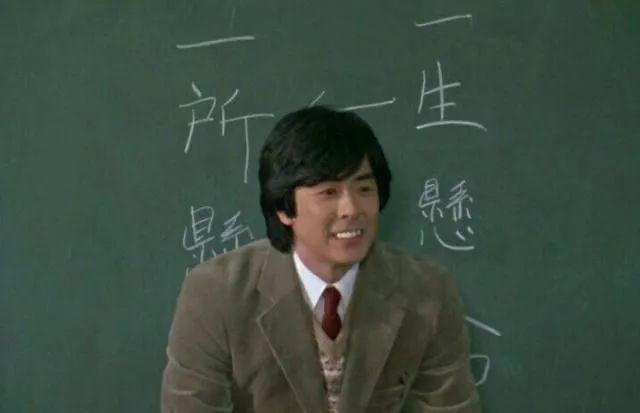A considerable part of Japanese culture inherits ancient Chinese culture, and some four-character familiar languages in Japanese, although they are written in similar styles to Chinese idioms, but the meaning of expressions is very different.
The japanese four-character idioms can be historical allusions, literary classics, or conventional references to people's daily lives. Broadly speaking, as long as there are four Chinese characters, the combination of meaningful words can be said to be four-character familiar language. Let's take a look at some of the unexpected Japanese proverbs.
I'm working hard.
Meaning: Originally, it refers to the samurai desperately guarding the territory handed down by their ancestors, and later extended to the meaning of desperate and desperate. Now many times it is used to express their determination to fight to the death.

The word is really well known in China should come from the understanding of the protagonist in the special drama "Eddie Ultraman": "People have things that they have to spend a lifetime trying to accomplish, and in order to complete this great goal, they must start from where they are now, start from what they are doing now, that is, try to do the things of the moment." ”
Gyōrin Urine
Meaning: The original meaning was simply to go to the toilet, which evolved to refer to daily life.
Natsume Soseki's "I Am a Cat" is light-hearted and humorous, from the description of daily life to the irony of portraying the universality of human nature.
Original text: "When we come to the genus Cat, it is a diary of a true diary of a priest sitting and rinsing urine", "I am a cat"
Mikabozu
Meaning: The original meaning is that monks and monks cannot bear the suffering of cultivation, and after a few days they want to return to the world. Now it is used as a metaphor for three days of fishing and two days of drying nets, doing things without patience and without regularity.
The three days refer to a short period of time, and the original meaning of the owner of the shop is a monk and a monk.
Tenchimuyo
Doesn't sound like a move in a martial arts novel? nonono
True meaning: Heaven and earth are useless means not to put things upside down, that is, not to put items upside down. It usually appears on the outer boxes of electronic supplies and fragile items.
Heaven and earth refer to the top and bottom of the object, and useless means that it is not allowed or used.
However, when it comes to the uselessness of heaven and earth, many small partners first think of the anime "Heaven and Earth is useless"
Ichigo Ichie
Meaning: The word was originally developed from the tea ceremony culture, and the performers will do their best to treat each guest seriously with the mood of a rare encounter. By extension, it means to cherish the people we meet, and to treat the encounter with each person as a fate that is only once in a lifetime.
The source comes from Naohiro I's "Tea Ceremony A Meeting": the tea party is said to be a period of one meeting, the host and guest meet many times, and today's meeting, never returned, for a lifetime of a meeting...
Sotenkyo
Meaning: Not stuck to the self, conform to the natural laws between heaven and earth. It also refers to the subjective and selfless art of literary creation that is not mixed with the writer.com.
The word was also coined by Natsume Soseki, who in his later creations regarded Zetian as an ideal state of mind. For example, in the masterpiece "Light and Shade", this philosophical idea can be reflected.